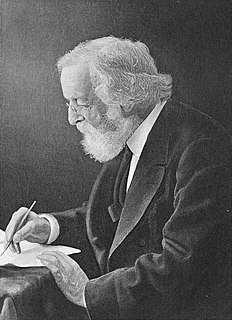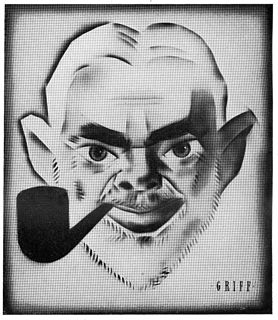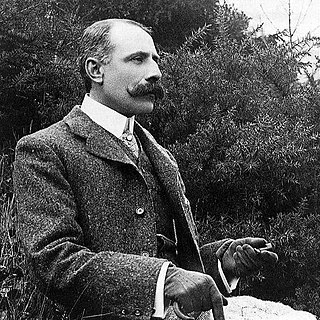A Quote by Joseph Joubert
Taste is the literary conscience of the soul.
Quote Topics
Related Quotes
To me, the essence of keeping the soul nourished is obedience to one's conscience. I don't think that the soul can be nourished unless people have a strong sense of conscience that they have educated and developed and soaked in the universal and timeless principles of integrity and service. This way, the individual's soul becomes part of the universal soul of service, contribution, and making a difference.
When you're a mass-market writer, people think that you can just decide 'this happens, this happens, this happens', whereas with literary writers it's coming from their soul and their core. But with me it does come from my soul and my core, and my soul and my core often go AWOL, and then I've nothing to write.
A good taste in art feels the presence or the absence of merit; a just taste discriminates the degree--the poco piu and the poco meno. A good taste rejects faults; a just taste selects excellences. A good taste is often unconscious; a just taste is always conscious. A good taste may be lowered or spoilt; a just taste can only go on refining more and more.
The ratio of authentic literature to trash in pornography may be somewhat lower than the ratio of novels of genuine literary meritto the entire volume of sub-literary fiction produced for mass taste. But it is probably not lower than, for instance, that of another somewhat shady sub-genre with a few first-rate books to its credit, science fiction.
Edmund Wilson was our greatest American literary critic because he was more than a literary critic: He was a fearless, even radical judge of the society he lived in. (See, for example, _A Piece of My Mind_; _The Cold War and the Income Tax_; the introduction to _Patriotic Gore_.) Our conventional critics cannot forgive him for those scandalous lapses in good taste.
An Englishman will take you into a large room, beautifully proportioned, and will point out to you that it is white- all over white- and somebody will say what exquisite taste. You know in your own mind, in your own soul, that it is not taste at all?that is the want of taste?that is mere evasion. English music is white and evades everything.




































